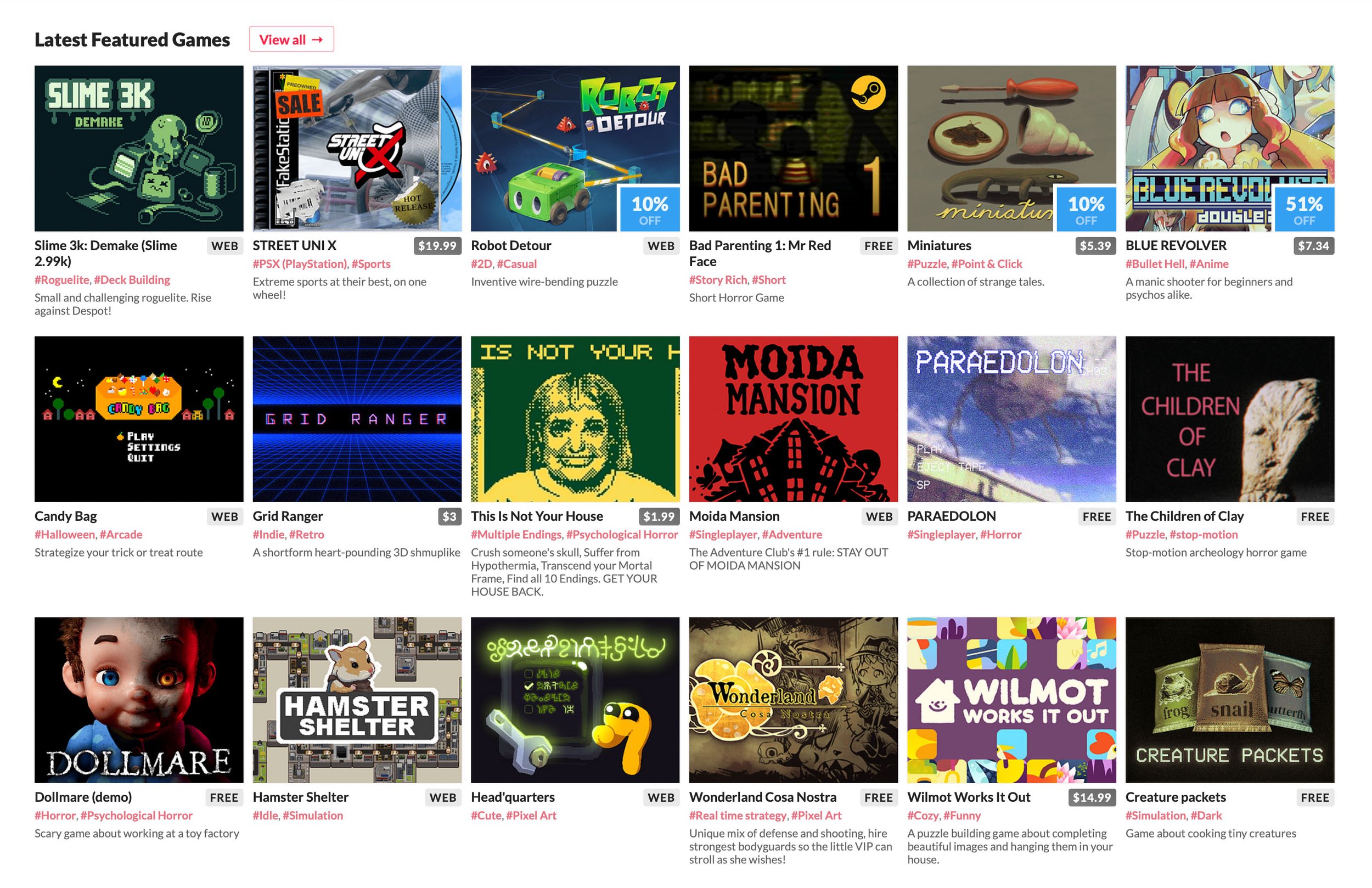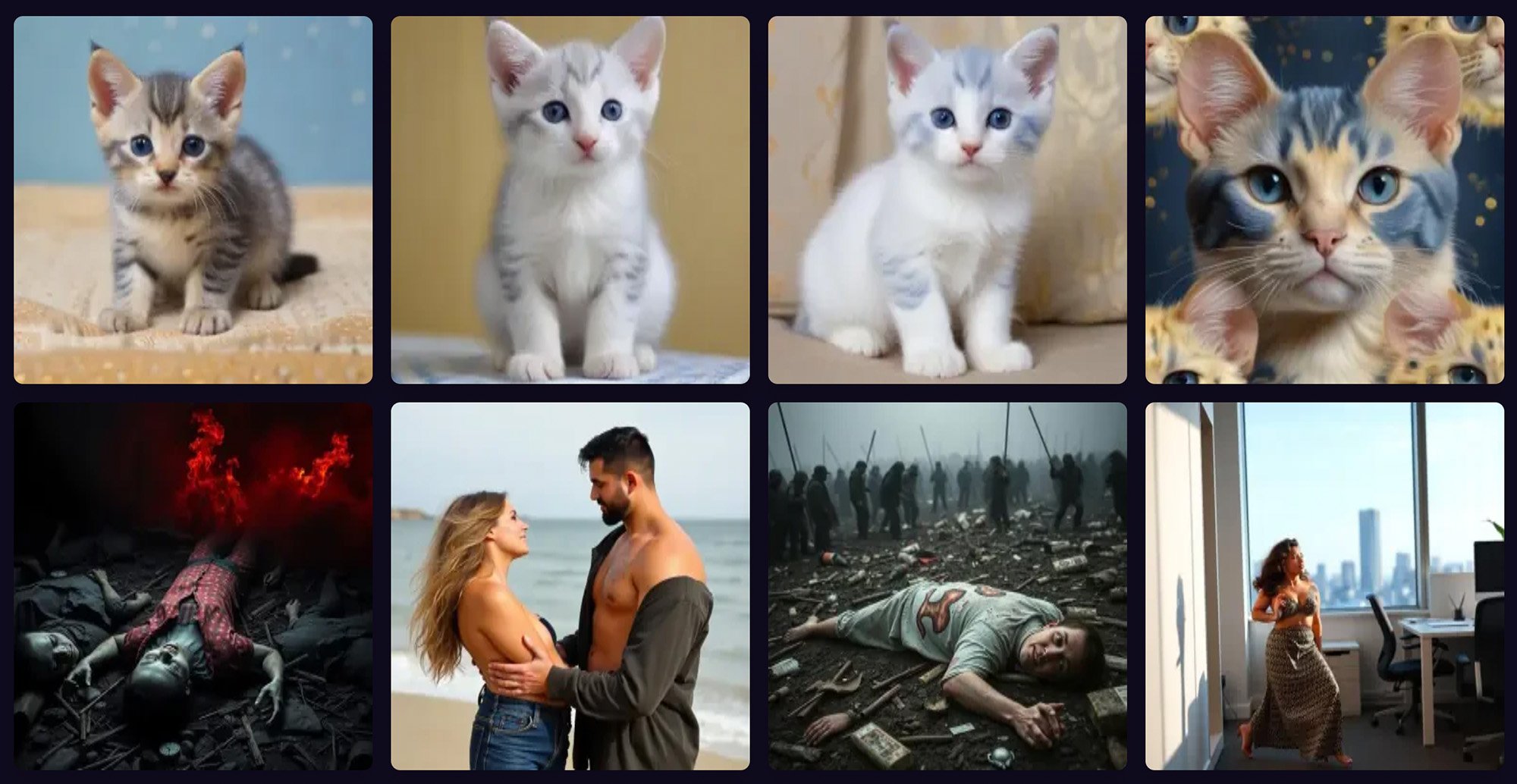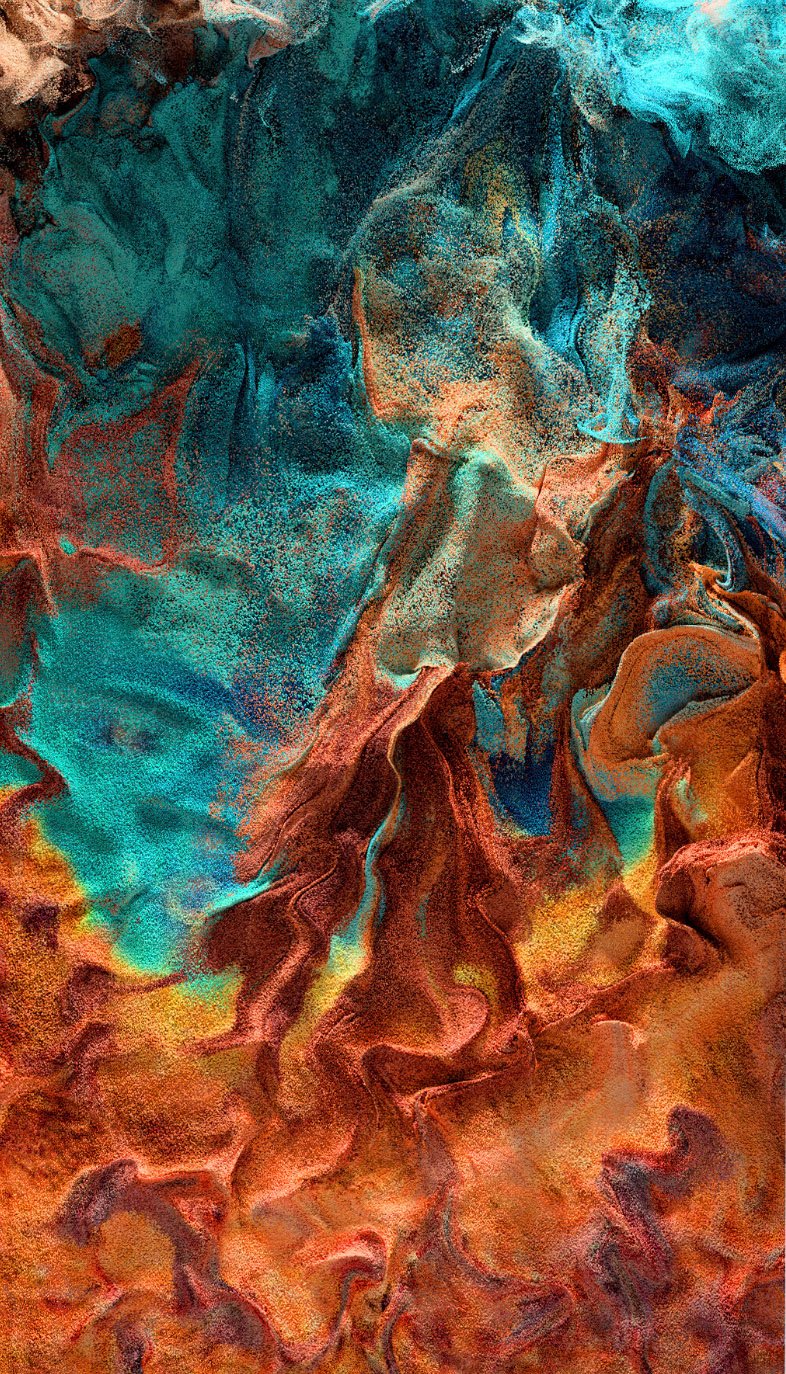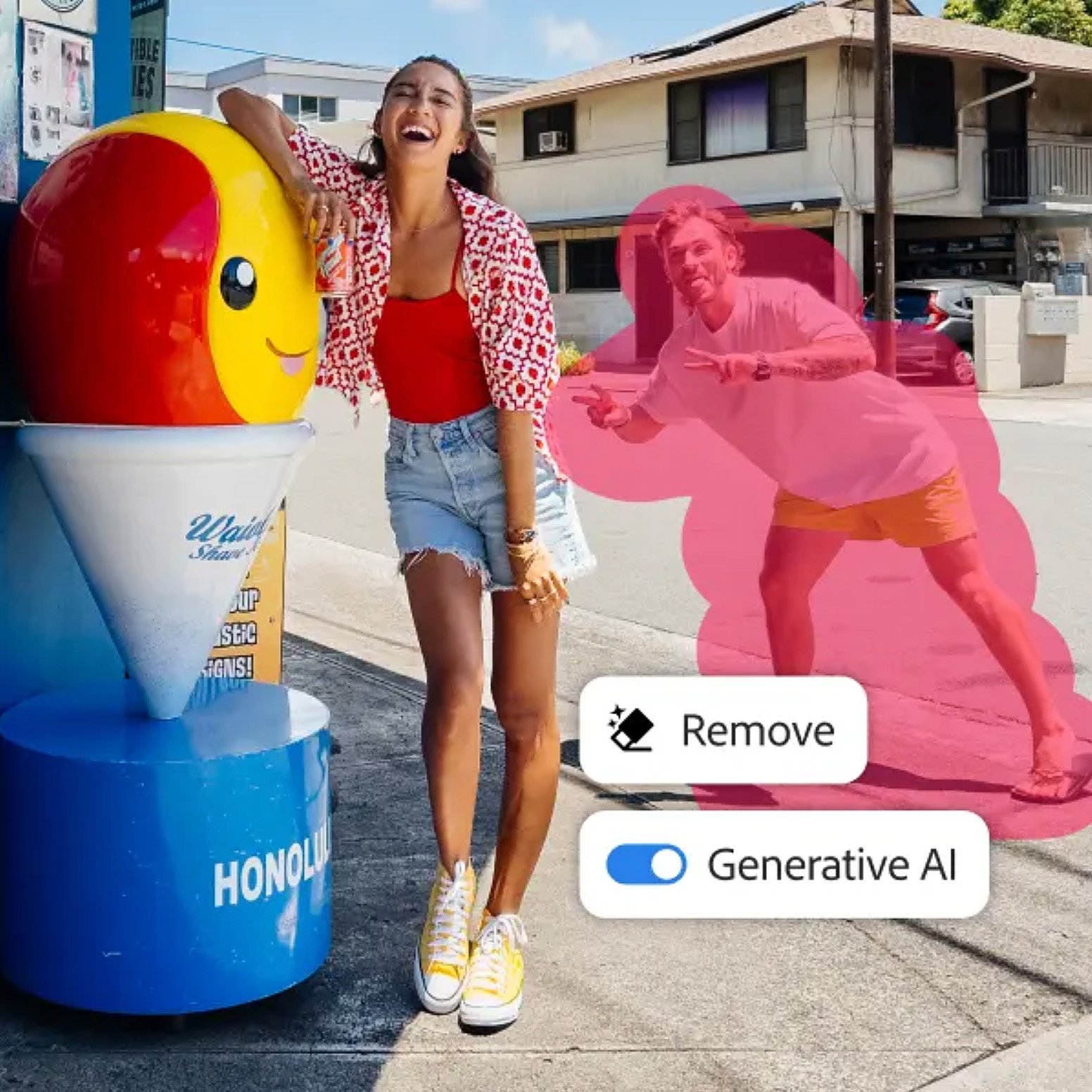Itch.io Mandates Disclosure of AI-Generated Content for All Creators
Image Source: itch.io
Itch.io, a prominent online marketplace for indie game developers, has announced a new policy requiring all creators to disclose the use of AI-generated content in their projects. This decision underscores the ongoing debate surrounding the ethical and legal implications of AI in content creation, particularly within the tabletop gaming community.
Itch.io's New Disclosure Policy
Amidst escalating discussions about AI's role in tabletop gaming, Itch.io's founder, Leaf Corcoran, unveiled a comprehensive disclosure policy targeting AI-generated content. The policy mandates that every creator on the platform must classify their uploaded assets based on their origin. Specifically, any product incorporating AI-generated art must be explicitly tagged as such. Conversely, projects that are entirely human-made will receive a "no-ai" designation, providing clear differentiation for consumers.
[Read More: Unveiling AIGC: The Future of AI-Generated Content at Your Fingertips]
Grace Period and Compliance Mechanisms
To facilitate a smooth transition, Itch.io has instituted a grace period allowing creators ample time to categorize their existing content. Recognizing the potential volume of products requiring classification, the platform has introduced a bulk tagging tool designed to assist publishers with extensive libraries. Corcoran emphasized that failure to tag AI-generated content appropriately will result in such products being excluded from Itch.io's browse pages, thereby limiting their visibility to potential buyers.
[Read More: AI or NOT: Unmasking the Realities of AI Detection Technologies]
Enforcement and Consequences
The enforcement strategy for this policy focuses on visibility rather than outright removal from the platform. Creators who fail to disclose AI involvement or intentionally misrepresent their content will not face removal from Itch.io. Instead, their products will be de-indexed from discovery pages, which are pivotal for attracting new customers. This approach aims to balance regulation with creator autonomy, ensuring compliance without imposing severe penalties.
[Read More: Can You Use AI-Generated Images for Commercial Use? Or Just Personal Use?]
Rationale Behind the Policy
Itch.io's decision is rooted in the complex legal landscape surrounding generative AI technologies. The company cited "legal ambiguity around rights associated with Generative AI content" as a primary motivator for the policy shift. Tools like ChatGPT, DALL-E, Midjourney, and Stable Diffusion often utilize datasets containing visual and textual art created without the original artists' consent. This practice has led to numerous legal challenges and debates over intellectual property rights, prompting platforms like Itch.io to take proactive measures.
[Read More: Meta's Bold Move: Facebook and Instagram to Label AI-Generated Content]
Industry Context and Reactions
Itch.io's policy is part of a broader trend among online marketplaces addressing AI content. Shortly before Itch.io's announcement, platforms such as DriveThruRPG and Roll20 implemented similar measures. DriveThruRPG introduced an AI-content filter in late October, while Roll20 opted for an outright ban on AI-generated assets. These actions reflect a concerted effort within the gaming industry to navigate the ethical and legal complexities introduced by AI, balancing innovation with respect for original creators' rights.
[Read More: Can AI Detect AI? A Test to Hive Moderation AI-Generated Content Detection tools]
About the Founder
In 2012, Leaf Corcoran, an American hobbyist programmer, developed his own programming language, MoonScript, and began creating games with it. Facing limited distribution options, especially with Steam's community-voted Greenlight system, he sought a more open platform for indie games. Inspired by Bandcamp's model for music distribution, Corcoran started coding in January 2013 and launched Itch.io on March 3, 2013, using an unused domain name he had previously acquired. Initially, Itch.io served as his personal repository, but it gained attention through his participation in the Ludum Dare game jam, leading him to add contest-hosting tools to the platform. Under Corcoran's leadership, Itch.io has become a prominent platform for indie developers, hosting over 1,000,000 products as of November 2024.
[Read More: Is Your AI-Generated Music Ready for Licensing?]










